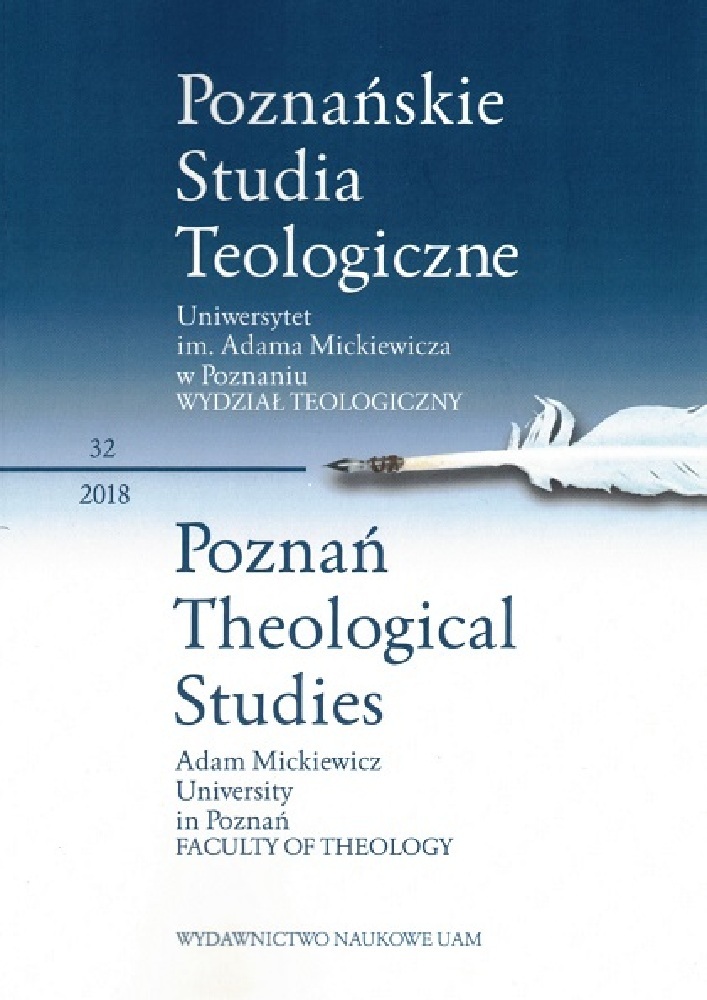Abstract
Böhm’s mysticism aroused the opposition of orthodox Lutheranism. Evangelical parish priest of the Peter and Paul church in Görlitz Gregorius Richter suspect a heresy in Aurora and threate- ned Böhm with banishment. Numerous Aurora texts indicate that Böhme took into account the four principles of the Reformation. Böhm’s Aurora contains the reformational principle the grace itself and the anthropology implied by it, about the non-free will of human being. While in Luther thoughts were dominated by the functional Christology, in the Böhme’s – essential Christology. The essence of this Christology is to call Christ Aurora. From the essential Christology, Böhme, however, derived a functional conclusion, which is the postulate of the following Christ. In contrast to Luther, who focused on the des qua, Böhme focuses primarily on des quae. Although Auroracontains numerous references to the Bible, the very title of Böhme’s most famous work is the result of an experience with a tin vessel. Luther would blame Böhme of illumination, that is, the possibili- ty of an internal, omitting the biblical Word, communicating the Spirit of God with human. Böhme was a theosophist, means either theologian and philosopher, in one person. As a theologian, he drew the knowledge from God’s revelation, and as a philosopher he perceived the traces of God in the world. He had a premonition that reason and faith can not contradict themselves, because ultimately they have a common source in God.
References
Adamiak J., Motyw Aurory w antycznej poezji chrześcijańskiej, Vox Patrum 33(2013) t. 60, s. 79-92. Böhme J., Aurora, Zgorzelec 1998.
Bornkamm H., Luther und Jacob Böhme, Bonn 1925.
Bonhoe er D., Naśladowanie, Poznań 1997.
Ingen, v. F., Böhme, w: Marienlexikon (red. R. Bäumer, L. Schefczyk), ST. Ottilien 1988, s. 517-520.
Kleszcz L., Jacob Böhme – kontekst narodzin mistyki śląskiej, w: Między transcendencją a immanencją – mistyka śląska (red. B. Ferdek, L. Miodoński), Wrocław 2015, s. 25-40.
Kosian J., Mistyka Śląska. Mistrzowie duchowości śląskiej: Jakub Boehme, Anioł Ślązak, Daniel Czepko, Wrocław 2001.
Kosian J., Jakub Boehme – wielki nieznany, w: Studia z filozofii współczesnej, (red.) R. Różanowski, Wrocław 1995, 9-25.
Kozyra J., Marcin Luter wobec Listu Jakuba, „Śląskie Studia Historyczno-Teologiczne” 2011, t. 44 nr 2, s. 467-468.
Luter M., 95 tez, Bielsko-Biała 2014.
Luter M., O niewolnej woli, Świętochłowice 2002.
Miodoński L., Motyw przebudzenia duchowego w mistyce śląskiej, w: Między transcendencją a immanencją – mistyka śląska, w: Między transcendencją a immanencją – mistyka śląska (red. B. Ferdek, L. Miodoński), Wrocław 2015, s. 43-60.
Orygenes, O zasadach, Kraków 1996.
Uglorz M., Marcin Luter Ojciec Reformacji, Bielsko-Biała 1995.
Wehr G., Jakob Böhme – der Geisteslehrer und Seelenführer, Freiburg 1979. Wehr G., Die deutsche Mystik, Köln 2006.
Wehr G., Jakob Böhme. Ursprung, Wirkung, Textauswahl, Wiesbaden 2010.
License
Copyright
© 2018 Uniwersytet im. Adama Mickiewicza w Poznaniu, Wydawnictwo Naukowe UAM, Poznań
OPEN ACCESS
